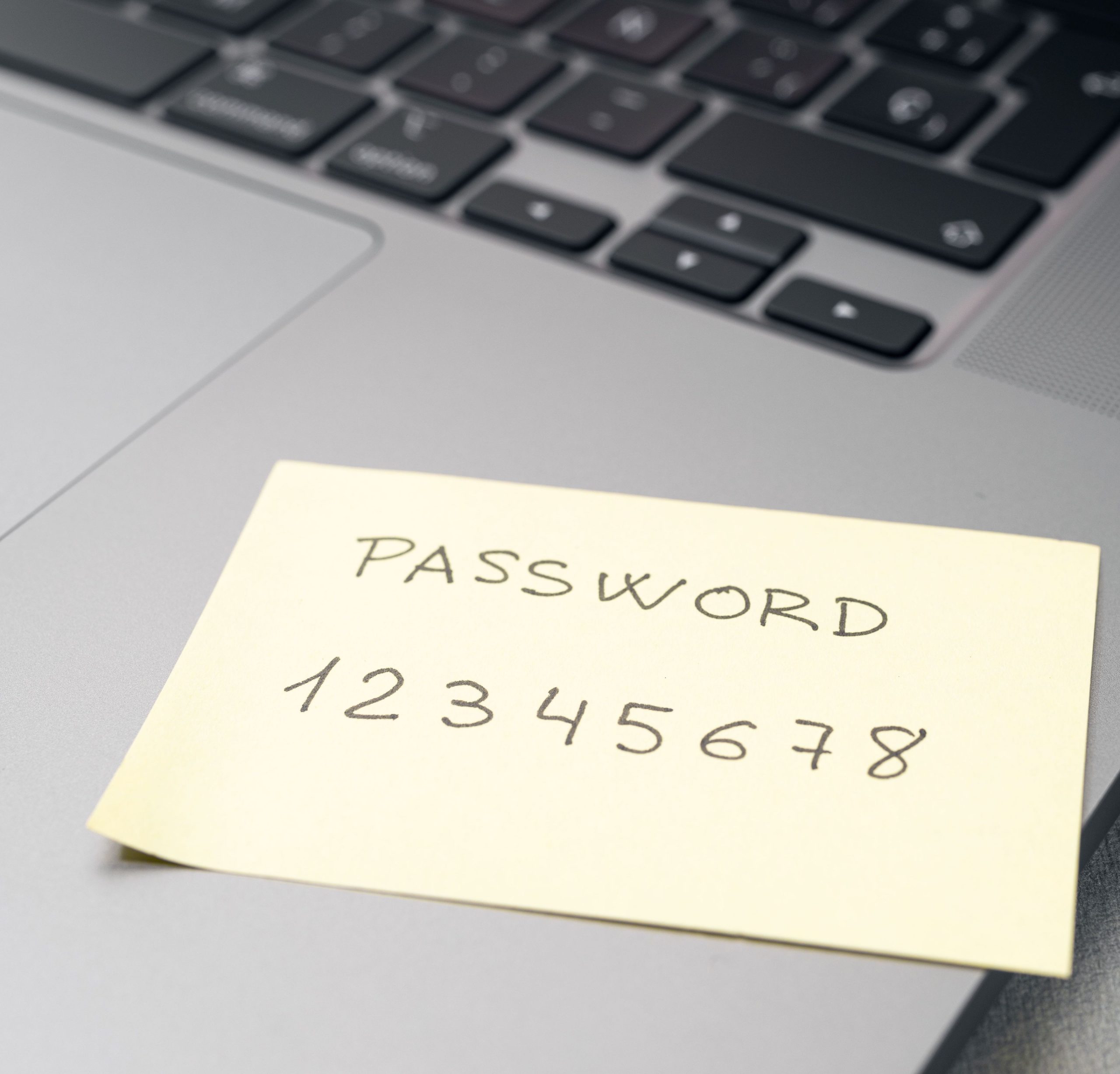10 Basic Security Measures Many Are Still Not Doing
10 Basic Security Measures Many Are Still Not Doing
10 Basic Security Measures Many Are Still Not Doing
10 Basic Security Measures Many Are Still Not Doing
In today’s digital world, cyber security is more important than ever. As technology continues to evolve, we all must take the necessary steps to protect ourselves online. Here are some best practices to follow to ensure your cyber security:
- Use strong, unique passwords for all of your accounts and change them regularly.
- Use a Password manager such as 1Password, Bitwarden, LastPass, or Dashlane. Always use unique and complex password. Don’t re-use or recycle your login credentials for multiple accounts.
- Enable two-factor authentication whenever possible to add an extra layer of security.
- This should be turned on for everything in both your professional and personal life.
- Keep your software and devices up to date with the latest security updates and patches.
- Be cautious when opening email attachments or clicking on links, especially if they’re from unknown sources.
- Use anti-virus software and keep it up to date.
- The native Windows Defender has come a long way and consumer third-party anti-virus protections are no longer as popular as they once were. In an Enterprise corporate environment the use of strong Anti-Phishing and Anti-Malware security measures is a must for cloud based email, and a strong endpoint Anti-virus protection solution is still very much reccomended.
- Back up your important data regularly to protect against data loss.
- Avoid using public Wi-Fi networks for sensitive activities, like online banking.
- Really, don’t use public Wi-Fi. Your phone has a hotspot function, use your own services as often as possible before ever using a public network. If you have to use a public network, then you really need to use a VPN as specified below.
- Use a Virtual Private Network (VPN) to protect your online activity from prying eyes.
- Be mindful of the personal information you share online, and adjust your privacy settings accordingly.
- Use common sense, when in doubt, don’t click.
Finally, educate yourself about the latest threats and scams, so you can recognize and avoid them.
By following these best practices, you can significantly reduce your risk of becoming a victim of cybercrime. Remember, cyber security is everyone’s responsibility, so stay vigilant and stay safe online.







